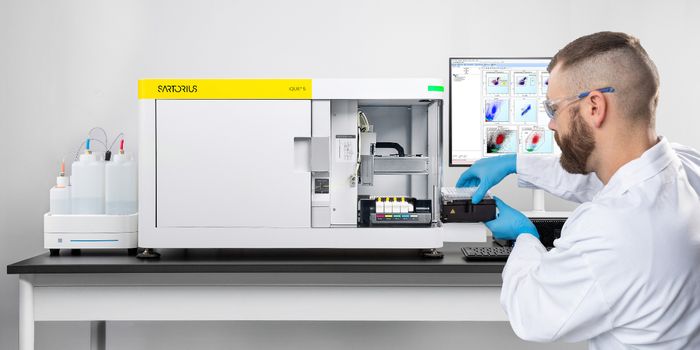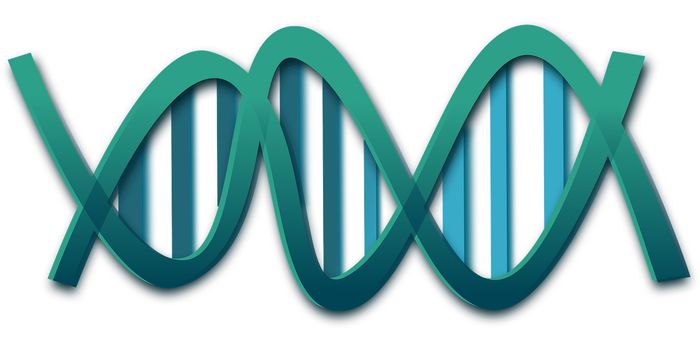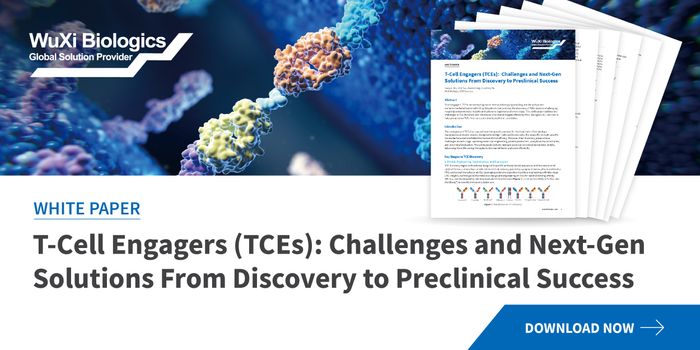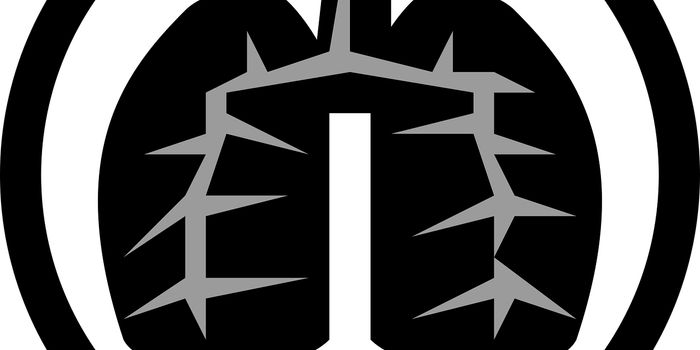Medicare Advantage Versus Traditional Medicare for Cancer Treatment
Cancer treatment costs about $150,000 per patient. In 2015, spending for cancer treatment and care in the United States was estimated at $183 billion. Experts predicted a 34% increase to $246 billion by 2030 due to expected population growth.
Medicare Advantage (MA) plans, sometimes called Medicare Part C, are designed to incentivize the use of less expensive drugs, potentially offering a more cost-effective approach to cancer treatment. MA utilizes specific methods to reduce the cost of health care. For example, MA uses capitated payments, where healthcare providers receive an upfront payment for the predicted price of healthcare. In addition, formulary control predetermines which drugs MA covers and at what cost. MA also requires preauthorizations to prescribe certain drugs to reduce overprescribing costly medications. Thus, MA aims to reduce the cost of treating expensive conditions, including cancer.
A recent study published in JAMA Health Forum investigated whether patients insured by MA plans received less expensive drugs than those enrolled in traditional Medicare (TM) plans. The researchers evaluated Medicare claims for anti-cancer drugs, including chemotherapy and oral targeted drugs. The researchers used statistical regression methods to estimate the probability of receiving any cancer drug and for receiving a high-cost cancer drug. The study examined drug costs based on cancer site and stage at diagnosis.
The study revealed a distinct difference in the prescription of cancer drugs for patients in MA versus TM plans. Colorectal cancer patients with local or regional disease enrolled in MA plans were 6% less likely to receive an anti-cancer drug than matched patients insured by TM. Patients with distant NSCLC were 10% less likely to receive an anti-cancer drug if insured by MA compared to those enrolled in TM.
When examining patients who received an anti-cancer drug, MA patients diagnosed with CRC were 9-10% less likely to be prescribed a high-cost drug than counterparts insured by TM.
Overall, the study's findings are significant, as they reveal that MA correlates to reduced utilization of high-cost cancer drugs. The study demonstrates notable differences in prescribing anti-cancer drugs based on an individual’s Medicare coverage. High-cost anti-cancer drugs are prescribed less frequently to CRC patients insured by MA compared to TM. The authors suggest that the same trend was not observed in NSCLC because all drugs linked to survival benefits are costly.
The study did not assess the differences in outcomes between patients treated with different drugs or insured by different plans. This highlights the need for additional research to determine how outcomes differ between groups, which could help inform strategies to lower healthcare costs for treating cancer and improve patient care.
Sources: Cancer Epidemiol Biomarkers Prev, J Manag Care Spec Pharm, JAMA Health Forum









